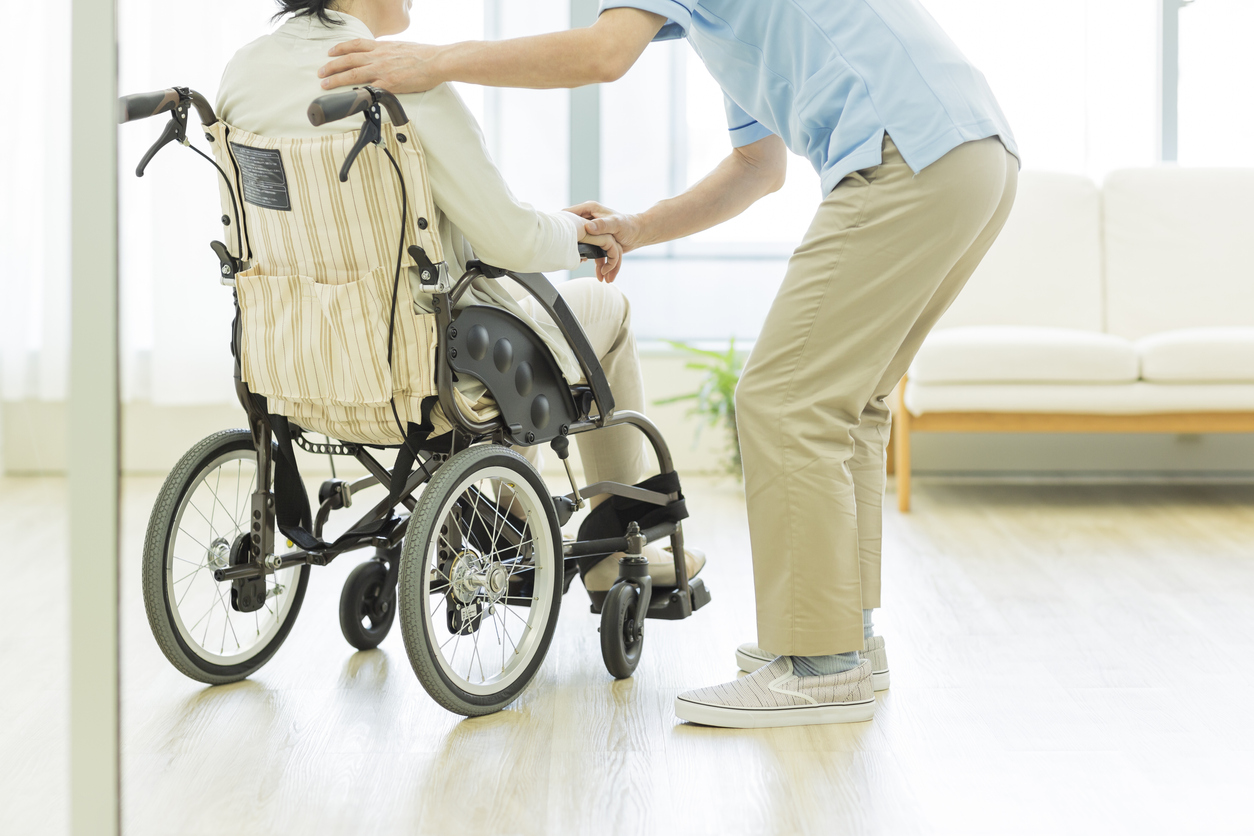Elder abuse is a serious issue that can take many forms—physical harm, emotional mistreatment, financial exploitation, or neglect. Whether it happens in a care facility or in a private home, abuse often goes unnoticed until the damage is done. If your loved one has been harmed, it’s important to understand who may be legally responsible. In this blog, we’ll walk you through the different parties who may be held liable in an elder abuse case and how we can help you take action.
Individuals Who May Be Liable
Many elder abuse cases begin with the people closest to the victim. These individuals often have the most direct access and control, which can make it easier for abuse or neglect to occur behind closed doors.
Some common examples include:
- Family members or informal caregivers who may neglect basic needs, misuse funds, or inflict emotional or physical harm.
- In-home nurses or aides who are hired to provide professional care but fail to meet that responsibility, either through neglect or abuse.
- Facility staff at nursing homes or assisted living centers who engage in inappropriate behavior, leave residents unattended or fail to respond to medical needs.
For example, if a staff member at a nursing facility regularly ignores a resident’s hygiene needs, fails to administer medication, or uses threats to intimidate them, that staff member could be personally liable. These types of situations may also open the door to institutional responsibility, which we’ll cover next.
Institutions and Facilities
When elder abuse occurs in a professional care setting, the facility itself may be held responsible for what happened. Even if a single employee was the one who caused harm, their employer may still be liable under the law.
Institutions that could face liability include:
- Nursing homes and assisted living facilities – If the abuse happened due to understaffing, poor training, or inadequate supervision, the facility may be at fault. They may also be responsible if they ignored warning signs or failed to report incidents.
- Home care agencies – These companies may be liable if they hired someone with a history of misconduct or failed to monitor their employee’s performance.
- Hospitals or medical centers – When abuse or neglect happens during a hospital stay—such as failure to reposition a patient, leading to bedsores, or ignoring signs of dehydration—liability may fall on the institution.
A company can also be responsible for creating an environment where abuse becomes more likely, such as cutting corners on staffing or ignoring complaints.
Professionals and Third Parties
Abuse isn’t always physical. In many cases, seniors are financially taken advantage of by people they trust. This kind of abuse may involve professionals who are expected to manage money or provide legal guidance.
Liability in these cases may extend to:
- Financial advisors or caregivers who mismanage accounts or pressure a senior into giving them control.
- Attorneys, trustees, or accountants who abuse their authority to benefit themselves rather than the person they’re supposed to protect.
- Mandated reporters (like healthcare workers or social workers) who fail to report suspected abuse when they are legally required to do so.
When someone uses their position to exploit a senior, they may be held legally accountable for the harm they caused—especially when the victim is unable to protect themselves.
How We Can Help You Hold the Right People Accountable
If you suspect elder abuse, the first step is to figure out who is responsible. At Loew Law Group, we take the time to look closely at the facts and uncover what really happened. We know how to identify all potentially liable parties, whether that’s an individual, a facility, or someone handling your loved one’s finances.
We’ll work with you to:
- Investigate the circumstances and gather the necessary documentation.
- Coordinate with medical professionals or financial experts if needed.
- File claims or lawsuits to recover compensation for medical costs, pain and suffering, and more.
- Make sure your loved one is protected moving forward.
Our goal is to make the legal process as clear and manageable as possible while giving your family the support you need.
Take Action to Protect Your Loved One
If you believe your loved one is being mistreated, don’t wait. Elder abuse can escalate quickly, and taking early action can help prevent further harm. At Loew Law Group, we’re here to support you and fight for justice. Contact us today to schedule a consultation and learn how we can help.







